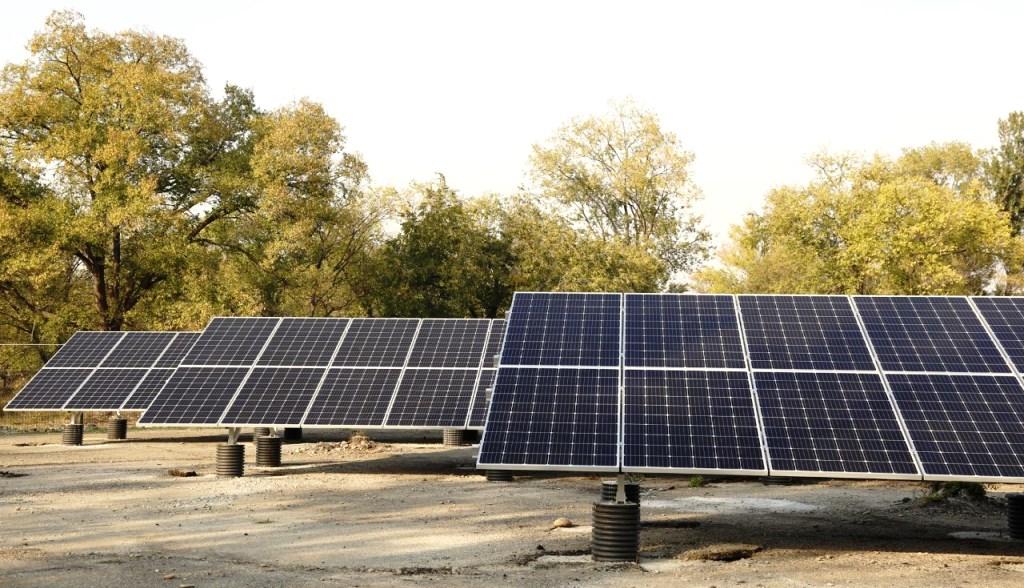In Georgia (the country, not the U.S. state), 100 kW of solar panels were installed in the Krtsanisi Park with support from the United Nations Development Programme (UNDP).
Not major news in itself, but this renewable energy will power the irrigation of 50 hectares (125 acres) of protected forest, which will help restore eight oxbow lakes that are drying out due to sand-and-gravel extraction from the bed of the Mtkvari River.
“Our future depends on how smart we are in using zero-emission renewables instead of fossil fuels. The restoration of the Krtsanisi Park will set an example of how solar energy can benefit the economy while protecting the environment,” UNDP Head Louisa Vinton said.
Funded by the Global Environment Facility (GEF) under the regional Kura II Project, the initiative was carried out in close partnership with Georgia’s Ministry of Environmental Protection and Agriculture and its National Wildlife Agency.
“The Mtkvari River feeds agriculture and sustains ecosystems in Georgia and Azerbaijan. Sustainable management of this critical transboundary water resource will protect the environment, contributing to water security in the region,” said UNDP-GEF Kura II Regional Project Coordinator Mary Matthews.
The Krtsanisi Park is situated on 210 hectares of land located on the outskirts of Georgia’s capital, Tbilisi.
Once famous for its 170 species of trees and populations of rabbits, wild ducks and lake fish, the Park ecosystem has been degrading over the past decades, affected by the excessive use of firewood, illegal hunting and the extraction of sand and gravel from the Mtkvari riverbed.
“Krtsanisi Park is a natural ecosystem and recreational zone that serves Tbilisi and Rustavi cities. Access to green and sustainable energy is critical for its development and is in line with the policies and priorities set by the Georgian Government,” Minister of Environmental Protection and Agriculture Levan Davitashvili said.
The rehabilitation of Krtsanisi Park kicked off in 2019 and a state program for biodiversity protection was launched by the decision of the Government.
The solar panels installed by UNDP with GEF support will provide the Krtsanisi Park with a source of clean energy that will be used to pump water from the Mtkvari River, irrigating 50 hectares of forest and filling up the eight oxbow lakes.
In addition, UNDP will help construct a groundwater intake gallery, providing water to a fish farm established to restore the fish population in the lakes. Water abstraction from the river will not exceed 0.14% of its minimum daily flow, ensuring that it has no impact on the ecosystem or the water supply to downstream villages.
The Kura II Project assists both Azerbaijan and Georgia in harmonizing water use policies and practices. It has a total budget of USD 5.3 million, shared between both countries, and is due to conclude in 2020.
Photo courtesy of the Georgia Ministry of Environmental Protection and Agriculture.

